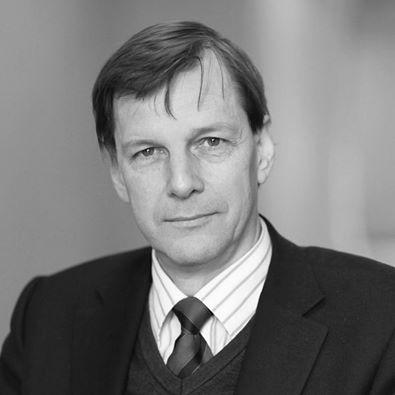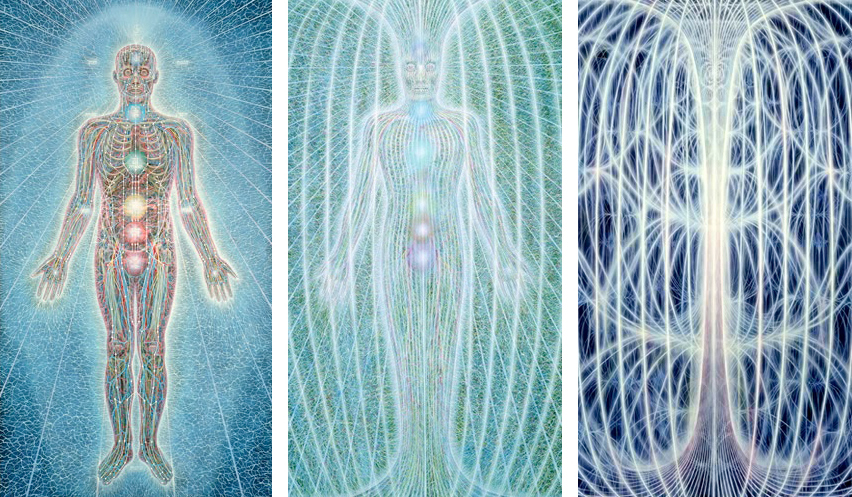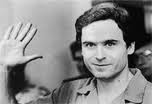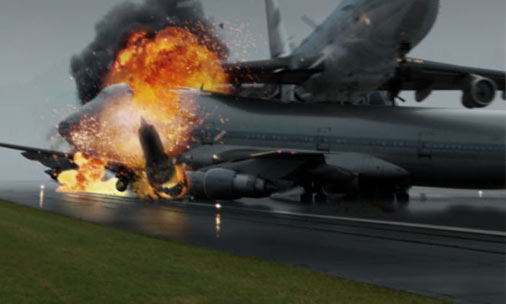Remembering Sergei
In the beginning was the word,
And the word was made flesh
And dwelt among men.
Awaken! Hearts harken!
Beat now with Michael!
Know who dwells among you
And lights the path!
Here stands a Slavic Man,
Encircled ‘neath Sophianic cupola
Temple speech to profer
The wooden lecturn, livingly formed
A pillar for strident arms to hold
Musician’s fingers, slender, expressive
Chiseled features, unassuming countenance
Hallowed bones effortlessly upright
Contained, awaiting
Tender heart beating under sweater vest
Earnest, translucent sapphire eyes.
Doors sealed, spirit awaiting
Sweeping gaze ‘til stillness arrives.
Spoken word, sculpted, focused
Adam’s apple intent-imbued
Sun-drenched vowels
Carefully carved consonants
Propelling delicately fashioned forms
Moral sustenance
Eagerly ingested, chakras spinning.
Hear you who speaks through him?
Courageous, unafraid
Leaving each listener free
Evil transfixed, transposed, transmuted
Christ imbued, inspired, spoken
Slavic Man, Standing firm on Foundation Stone
Lending utterance to wisdom of the spheres.
So he was.
Now gloriously reborn, in Spirit freed
Violet, rose, blue, green, light suffused
Enveloped by the
Symphonic forms of the ethereal first Goetheanum
Breathing flavors of refined thinking
Engendering glow
Forsaking for the moment the lecturn’s spot.
The hallowed Representative of Man in principal place
Gladly surging onward
In Christ’s radiant light and love.
Amelia Golden
In memory of Sergei Prokofieff





